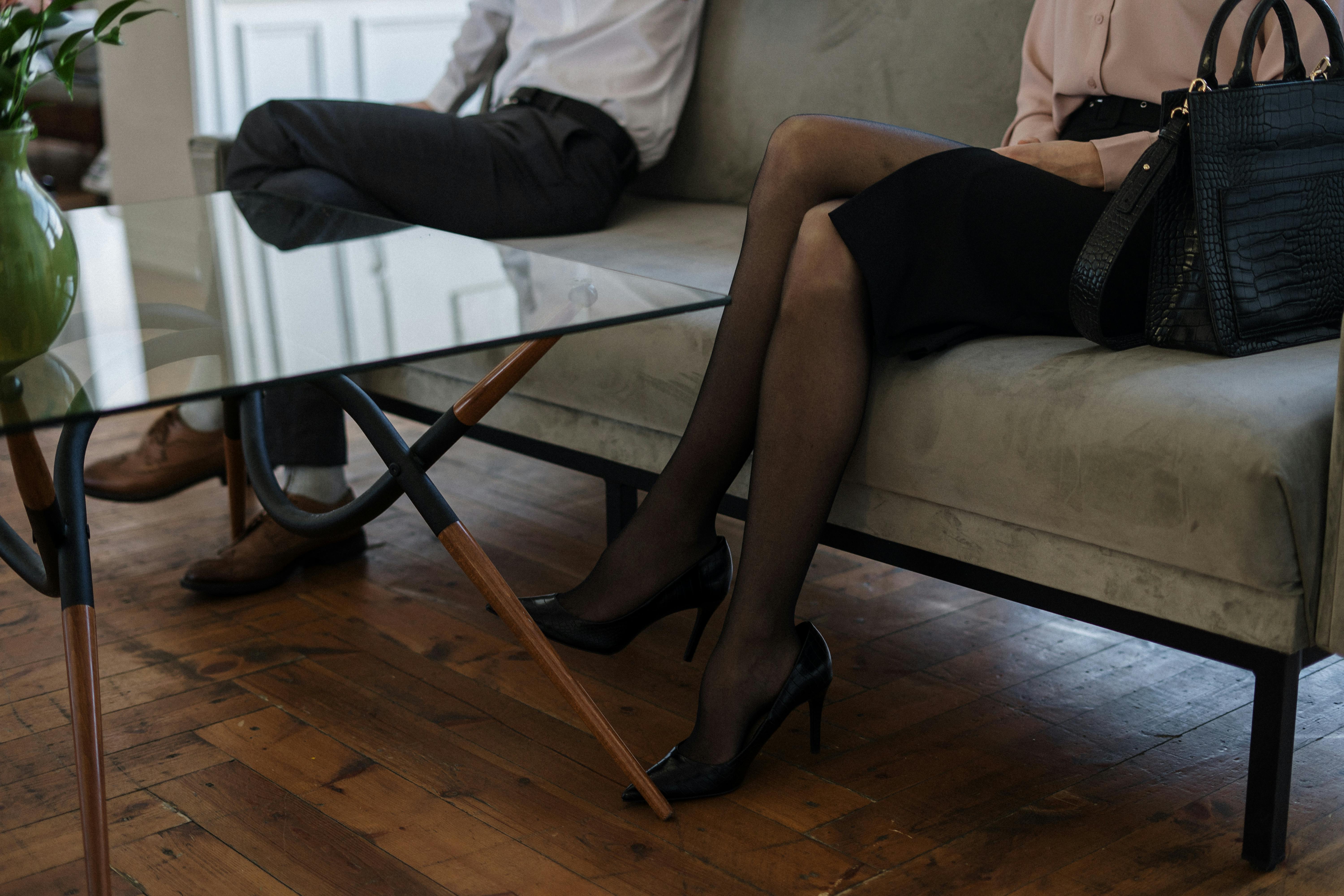Coffee has been a popular drink for many years. Looking back in history, coffee lovers are in very good company. The following are examples of famous historical personalities who enjoyed drinking coffee and helped promote the drink to their fellow citizens and observers. Who knows? Perhaps coffee contributed to the inspiration that gave rise to so many wonderful works of art, poetry, literature, and music from the Age of Enlightenment!
Johann Sebastian Bach (1685-1750). Famous composer, harpsichordist, violist and violinist of the 18th century. Renowned for ecclesiastical and secular works for choir, orchestra, and solo performances. Bach loved coffee so much that he immortalized it in his “Coffee Cantata” by writing for this piece of music.”How sweet coffee tastes! Sweeter than a thousand kisses, sweeter than Muscat wine! and also wrote Without my morning coffee, I’m like a dried piece of roast goat.”
alexander pope (1688-1744). 18th century English poet, satirist, who said about coffee: “Coffee, which makes the politician wise, and sees everything with half-closed eyes.”
Francois-Marie Arouet, better known by the pseudonym Voltaire, (1694-1778). Writer and philosopher famous for his wit. He earned a reputation as a coffee lover by allegedly drinking 40 cups of coffee a day mixed with chocolate. Voltaire said about coffee, “Nothing would be more wearisome than eating and drinking if God had not made them both a pleasure and a necessity.”
Benjamin Franklin (1706-1790). One of the founding fathers of the United States. Noted author, printer, satirist, political theorist, politician, scientist, inventor, and diplomat. Benjamin Franklin had high standards for his coffee, “If this is coffee, please bring me some tea; but if this is tea, please bring me some coffee.” Another quote from Benjamin Franklin: “Among the numerous luxuries of the table…coffee may be considered one of the most valuable. It provokes joy without intoxication; and the pleasant flow of spirits which it occasion…is never followed by sadness, languor, or weakness. “
Jean-Jacques Rousseau (1712-1778). Philosopher, writer and composer of the Age of Enlightenment of the 18th century. Rousseau said about coffee, “Ah, that’s a perfume I revel in; when coffee is roasted near my house, I rush to open the door to take in all the aroma.”
Thomas Jefferson (1743-1826). The third president of the United States of America. Principal author of the Declaration of Independence. Thomas Jefferson considered coffee “the favorite drink of the civilized world.” Jefferson enjoyed the coffeehouses of Williamsburg and Paris. He often served coffee at the president’s house, Poplar Forest and Monticello.
John Paul Jones (1747-1792). He was the first known American naval fighter in the American Revolutionary War. He was a frequent patron at the Procopé, opened in 1686. This is one of the oldest cafes and restaurants in Paris that is still in operation. Procopé was the meeting place for intellectuals, writers, artists, poets, revolutionaries and other “enlightened” personalities. Procopé served coffee, a somewhat exotic drink at the time. John Paul Jones was known to say: “I haven’t started fighting yet!” After such an exclamation, he often drank coffee with relish.
Johann Wolfgang von Goethe (1749-1832). German writer and scholar. Goethe was a person known for his expertise in a significant number of different subject areas. Goethe was a personal friend of Friedlieb Ferdinand Runge, who was able to isolate relatively pure caffeine from coffee beans in 1820. Goethe was interested in decaffeinated coffee to reduce symptoms of insomnia. Goethe, who was a keen coffee drinker, once said: “Enjoy when you can and endure when you must.”
Napoleon Bonaparte (1769-1821). Master soldier, strategist, superb administrator, Emperor of the French, he said about coffee, “I would rather suffer with coffee than be senseless.”
George Gordon Byron, also known as Lord Byron (1788-1824). British poet and leading figure of Romanticism who said about coffee: “It is a pity that wine is so harmful, because tea and coffee make us much more serious.”
Benjamin Mosley (1789-1819). English doctor who said about coffee, “The use of coffee will probably become very widespread, as in other countries, it may spread among the mass of the people and become a considerable ingredient in their daily livelihood.”
Ready for a cup of delicious vanilla hazelnut flavored gourmet coffee?

